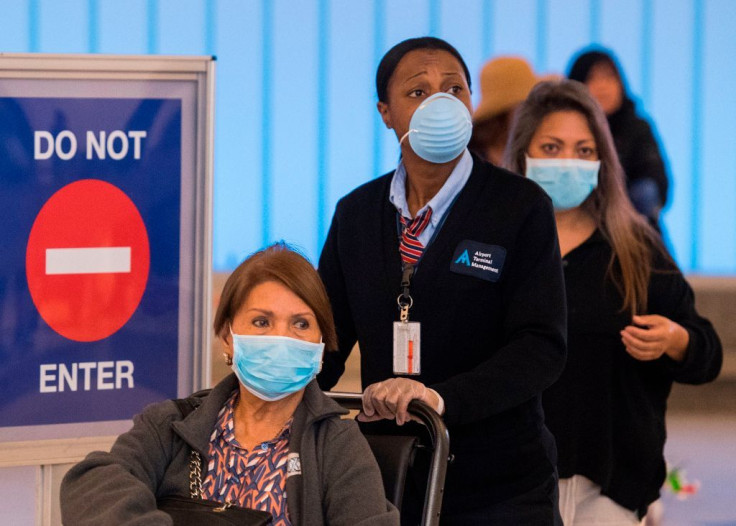Coronavirus Symptoms: It Takes 5 Days Before Infected Individuals Start Exhibiting Signs
The cases of the deadly COVID-19 are on the rise and there has been a lack of knowledge about its key epidemiologic features, including its incubation which has important implications for surveillance and control activities. Coronavirus symptoms might take around five days to show up, experts have confirmed. Most people who develop symptoms do not show any signs until day five after being infected, BBC News mentioned.
What happens when someone doesn’t show any signs or symptoms?
Sometimes, a person infected with coronavirus happens to escape the symptoms. But, they are likely to become infectious carriers of the deadly COVID-19. Experts advise everyone who has been infected, whether or not they exhibit symptoms, to self-isolate themselves for 2 weeks in order to avoid infecting other people.
Does the disease spread even after being released from quarantine?
According to the Annals of Internal Medicine, it is estimated that for every 100 people quarantined for a fortnight, at least one person might develop symptoms after being released. The study’s lead researcher mentioned that the findings were the best rapid estimate we have so far. But it is still unclear how many people develop symptoms and the study failed to assess that.
However, experts opine that most individuals who get the infection will only have mild disease. While some will be asymptomatic carriers who won’t be exhibiting any signs, the disease can be very serious or even fatal for older adults and those with underlying health conditions.
“The study confirmed that for the vast majority of cases, the incubation and therefore quarantine period for new coronavirus, will be up to 14 days, BBC quoted Prof Jonathan Ball, an expert in molecular virology at the University of Nottingham. “And, encouragingly, there is little if any evidence that people can routinely transmit the virus during the asymptomatic period," he added.
The study provides additional evidence that COVID-19 has a median incubation period of approximately 5 days, which is similar to that of SARS. Although the findings of the study have several limitations, the judgments and estimates can help public health officials to set rational and evidence-based policies to control COVID-19.

© Copyright IBTimes 2025. All rights reserved.






















